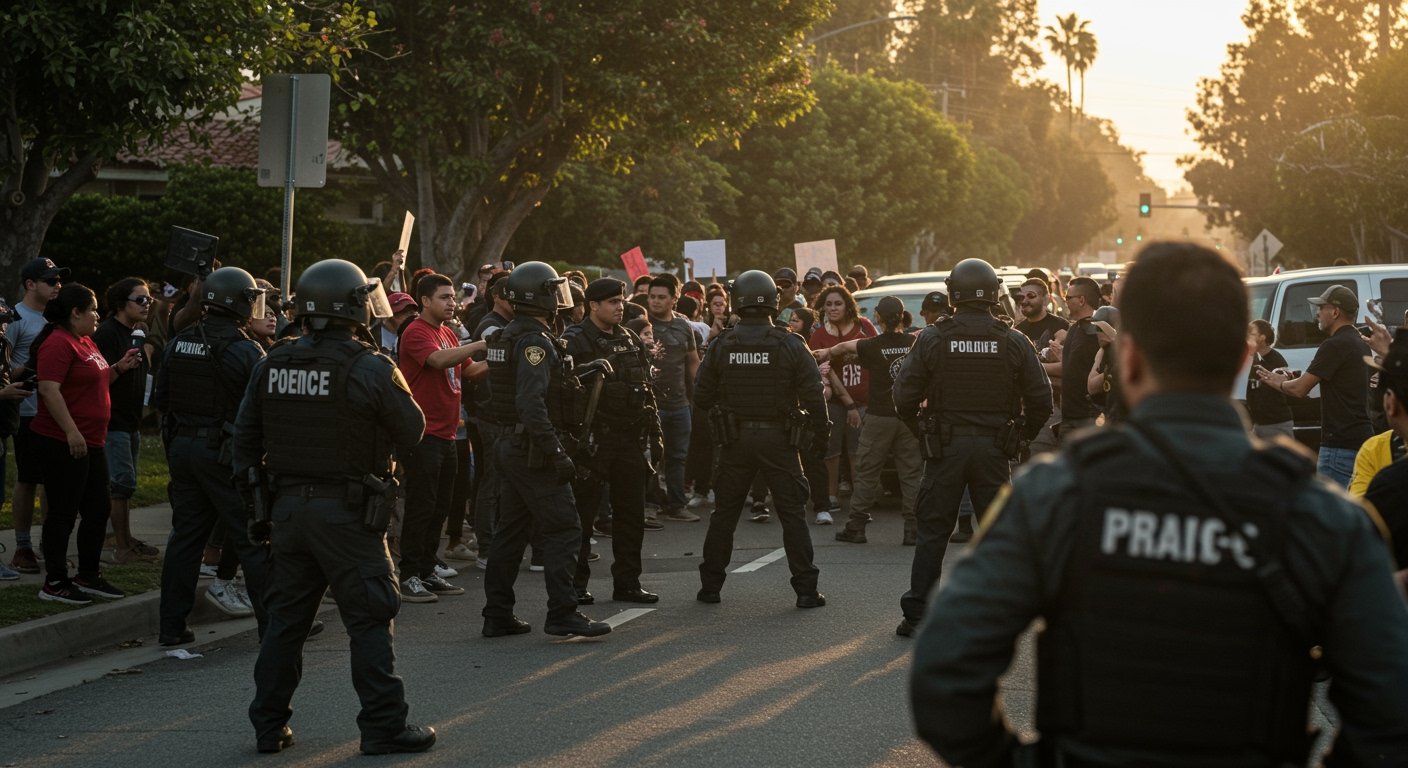The Trump administration is reportedly advancing plans to rename the Department of Defense to the Department of War, a move President Donald Trump believes will instill a stronger, more offensive military identity. The potential rebranding, first reported by The Wall Street Journal, reflects Trump’s stated preference for the historical name, which he argues “just sounded to me better” and “had a stronger sound,” associating it with past American victories.
President Trump has voiced his opinion that the military should focus on offense rather than solely defense, linking this sentiment to a prioritization of “warfighters at the Pentagon instead of DEI and woke ideology.” White House deputy press secretary Anna Kelly confirmed this stance, stating, “As President Trump said, our military should be focused on offense — not just defense.” Trump has also suggested that the name change could be implemented soon, even hinting at executive action, though officially, restoring the Department of War name would likely require congressional approval.
Historical Roots and Rebranding Efforts
The historical precedent for this change is significant. The United States had a Department of War from its establishment in August 1789 until it was restructured following World War II. The National Security Act of 1947 unified the Army, Navy, and Air Force under a new entity, the National Military Establishment, which was officially renamed the Department of Defense in 1949. Trump has frequently referenced the Department of War’s history, particularly its association with victories in World War I and World War II, believing the former name better captures the nation’s military spirit.
Congressional Interest and Administration Stance
Indicating some level of support within Congress, Republican Representative Greg Steube of Florida has filed an amendment to the annual defense policy bill that explicitly supports renaming the department. While the amendment faces hurdles, including committee review, its introduction suggests a segment of the Republican party is aligned with the president’s proposal. The White House, though not providing specific details on implementation, has underscored Trump’s vision for a more offensively oriented military.
Strategic Context and Future Implications
This potential renaming occurs amidst broader discussions about the U.S. military’s strategic direction and its emphasis on “warfighters” over diversity, equity, and inclusion (DEI) initiatives. The administration’s focus on offense aligns with a strategic reevaluation that prioritizes projecting military strength. This trending American story highlights a significant shift in rhetoric and potential policy, influencing current defense narratives and shaping future strategic discussions. The implications of such a name change are significant, potentially altering public perception and the symbolic representation of the U.S. military’s role both domestically and internationally. The discussions surrounding this proposal are part of ongoing stories about the evolving identity and priorities of the American military apparatus.











